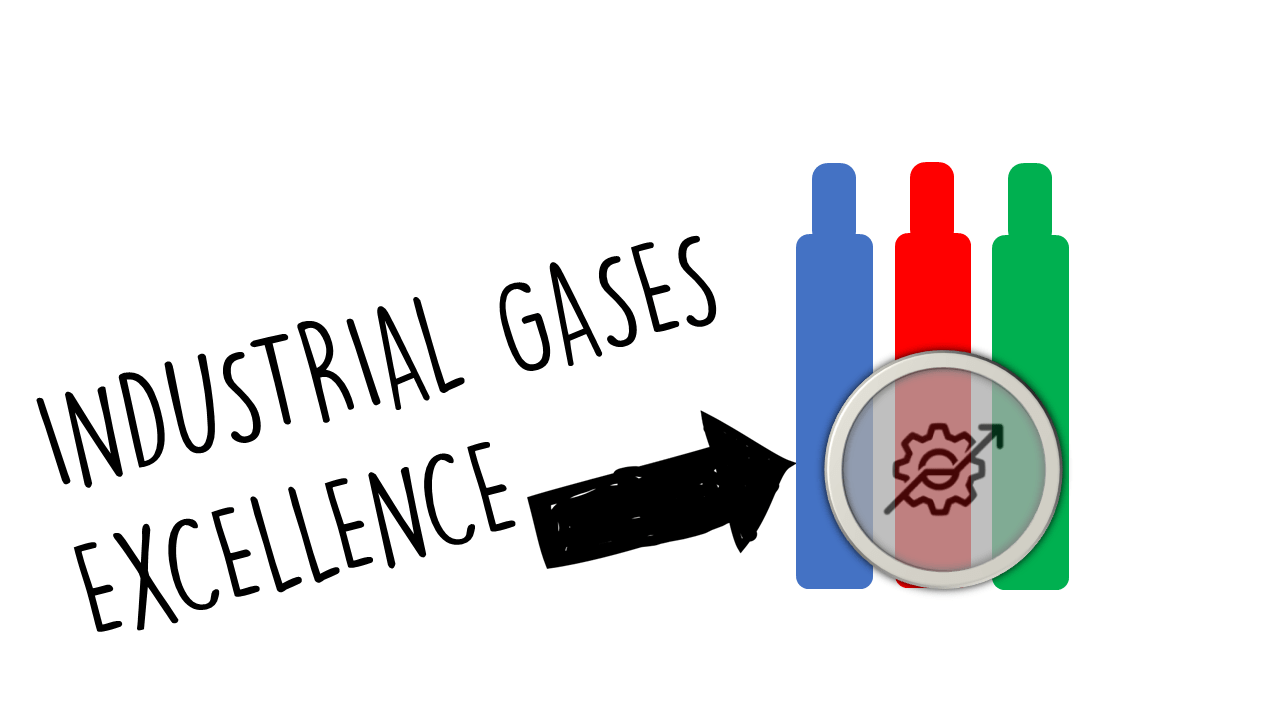The RapidKnowHow Process : Thriving Digital Leadership
Industrial Gas Leader > Thriving the Digital Market Space > Breakthrough Digital Strategies > Strategic Actions > Case Studies > Conclusion > Get Started in 3 Steps
Breakthrough Digital Strategies
As the industrial gas industry evolves, digital transformation becomes crucial in staying competitive and meeting customer demands. Below are breakthrough digital strategies that have been implemented to thrive in the digital market space:
1. Data-Driven Decision Making
- Implementation of Business Intelligence Tools: Leveraging advanced analytics to gather insights on market trends, customer behaviors, and operational efficiency, enabling informed decision-making.
- Predictive Analytics: Using AI and machine learning to forecast demand and optimize inventory levels, reducing waste and improving service delivery.
2. Enhanced Customer Engagement Through Digital Platforms
- Customer Portals: Creating user-friendly online platforms where customers can monitor their consumption, place orders, and manage accounts, enhancing user experience and retention.
- Mobile Applications: Developing mobile solutions that provide real-time updates on orders, deliveries, and customer support, facilitating seamless communication and engagement.
3. Automation and Smart Technology
- IoT Integration: Utilizing Internet of Things (IoT) technology to remotely monitor equipment and gas systems, ensuring proactive maintenance and reducing downtime.
- Automated Supply Chain Solutions: Implementing automation in logistics and supply chain processes to optimize delivery routes, manage inventory efficiently, and lower operational costs.
Strategic Actions
To implement these breakthrough strategies effectively, SIAD and other industrial gas leaders can take the following strategic actions:
- Invest in Technology Infrastructure
- Commit significant resources to upgrading IT systems and adopting cloud-based solutions that support big data and analytics.
- Foster a Culture of Innovation
- Encourage continuous learning and innovation within teams, promoting an agile approach to adapt to emerging digital trends and technologies.
- Focus on Customer-Centric Digital Solutions
- Collaborate with customers to understand their needs better and develop tailored digital solutions that enhance their experience and operational efficiencies.
Case Studies
Case Study 1: Custom Gas Mixtures and Smart Monitoring
An industrial gas company partnered with a major pharmaceutical company to provide custom gas mixtures for their production processes. By implementing IoT solutions, The industrial gas company enabled real-time monitoring of gas usage, which improved efficiency and reduced costs significantly. The digital platform allowed the customer to track consumption patterns and predict future needs, leading to better planning and resource allocation.
Case Study 2: Automated Supply Chain Transformation
A leading global gas supplier adopted automation in their supply chain management by integrating advanced analytics and machine learning. This transition enabled the company to optimize their logistics significantly, resulting in a20% reduction in delivery times and substantial cost savings. The use of data-driven insights allowed for better forecasting and inventory management, supporting the company’s growth in emerging markets.
Conclusion
The industrial gas industry is undergoing significant transformation as digital strategies become integral to business success.
By adopting data-driven decision-making, enhancing customer engagement, and leveraging automation, companies can thrive in the digital market space.
These strategic actions will not only improve operational efficiencies but also create a more customer-centric approach, paving the way for future growth and sustainability.
Get Started in3 Steps
- Assess Current Digital Readiness
- Evaluate existing digital capabilities and identify gaps in technology, processes, and workforce skills that need to be addressed for successful transformation.
- Develop a Digital Transformation Roadmap
- Create a clear strategic plan that outlines key initiatives, timelines, and resources required to implement digital strategies across the organization.
- Engage Stakeholders and Foster Collaboration
- Involve all levels of the organization, including leadership, IT, and frontline employees, in the digital transformation process to ensure buy-in and the sharing of valuable insights across business units.
By following these steps, industrial gas companies can embark on their digital transformation journey and position themselves for success in an increasingly competitive market.




